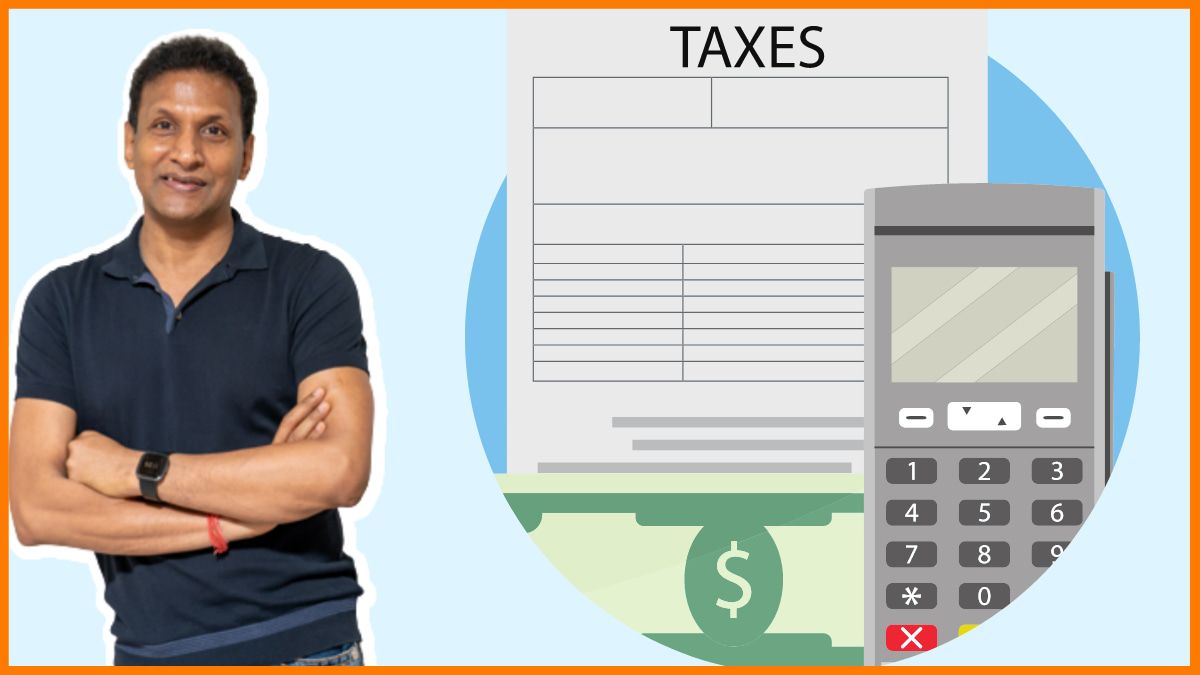Is Printing Money a Solution to Save the Economy?
🔍Insights
International economies are adopting unconventional stimulus measures, such as printing money, in response to the Covid-induced crisis. The United States, the European Central Bank, Japan, and even developing economies like Turkey and Indonesia are creating money to revive their economies.
Now as people have very smartly pointed out saying; “India must do the same.” The question entails, can India afford to do it? If yes then how will it help? as well as what India can do about it?
What Does Printing Money Mean?
Should the RBI print money to boost the economy?
Are Other Economies Doing the Same?
Is Monetization Necessary?
Government’s Strategies to Overcome COVID Gap
Challenges for the Government
What Does Printing Money Mean?
Now going by the textbook meaning, The Reserve Bank of India has a monopoly on printing the country's currency notes. Except for one rupee note, it has sole authority to issue currency notes of various values (which are issued by the Ministry of Finance.)
So basically, the Central bank buys Government debts/ bonds - Which injects money into the economy - This is similar to printing new money, but this is done electronically.
Should the RBI print money to boost the economy?

Is it as easy as it sounds? In India, small industries have sprung up recently, pleading with the Reserve Bank of India to generate money and give it to the government to spend.
The central government's revenue collection through excise duty and the goods and services tax, or Goods and Services Tax (GST), has collapsed due to low employment and a sharp decline in non-essential consumption beyond food, medicine, and a few other basic products.
Given how adversely foreign trade has been affected in the post-Covid era, there is reason to assume that tax collection through customs duties has also suffered. The central government is expected to benefit from the recent significant rise in excise duty on gasoline and diesel.
Are Other Economies Doing the Same?
Yes, In April 2020, the Bank of England granted a direct monetization facility to the UK government, despite Bank of England Governor Andrew Bailey's fierce opposition until the last minute. Similarly, the US Federal Reserve used it extensively to tackle the financial crisis of 2008, and the same pattern is being used to combat the Covid situation.

The European Central Bank has lifted the restriction on the number of bonds it can purchase from any single Eurozone country. The Bank of England has come on record and said, If necessary, we are willing to lend money to the government on a temporary basis. The Bank of Japan will also purchase an infinite number of government bonds.

Is Monetization Necessary?
In the past, The RBI "naturally" monetized the government's deficit until 1997. Direct monetization of deficit spending, on the other hand, has downsides. Manmohan Singh (then-RBI Governor and then-Finance Minister) and C Rangarajan (then-RBI Governor) decided in 1994 to scale out the facility by 1997.
However, even Rangarajan now believes that India would have to monetize its deficit. “Deficit monetization is necessary. He recently stated that “such a big increase in expenditure cannot be controlled without monetization of government debt.”

Government’s Strategies to Overcome COVID Gap
State governments also aren't making a lot of money from taxes. With lockdown in place for more than two years, private automobiles are hardly moving; as a result, state governments' sales tax/value added tax revenues on gasoline and diesel use have taken a hit. Even though several state governments have raised the sales tax/VAT on gasoline and diesel, this trend continues.
At the start of the lockdown, alcohol shops were closed, and state and local governments lost all of the income generated through this channel. As a remedy, alcohol stores were opened amid the concern of societal tensions and moral concerns.

As a result, both the federal government and state governments earn very little revenue from taxation. However, to meet its usual obligations (salaries, pensions, vendor payments, debt servicing, and so on), this is also the moment when the government is supposed to act as the last-resort spender.
Due to various reasons (varying from people being confined in their houses to the psychology of a recession setting in), private sector expenditure has fallen, and the government must spend money to get the economy moving again.

Challenges for the Government
The central assumption against it is not really about how it started as it is about how it ended. This power, in theory, allows the government to boost overall demand at a time when private demand is falling, as it is right now. This instrument, however, sows the seeds for another crisis if governments do not withdraw quickly enough. But how?
Expenditure by the government with this new cash enhances salaries and raises private demand in the economy. As a consequence, inflation is fueled. A small increase in inflation is helpful since it stimulates economic activity. However, if the government does not intervene in a timely manner, more money will flood the market, causing high inflation.
And, while inflation takes time to show up, it's sometimes too late for governments to realize they've over-borrowed. Macroeconomic instability is exacerbated by rising prices and government debt.
One argument against direct commercialization is that governments are seen as inefficient and corrupt whenever it comes to spending decisions, such as who to bail out and how much.
In short; taking most of these variables into account, practically everyone who has knowledge of regular economics or business recommends money printing. This is largely what representatives of this emerging small-scale industry are proposing, urging the RBI to generate money and the government to spend it.
Conclusion
As for the effect of Covid-19 on the nation, the economy was most affected by it. But to revive the economy, printing money is an option to consider or not is still a debatable topic.
It is best believed to provide better wages to the poor instead of directly dropping the pot of money to them. Yet, many countries have gone with the idea of printing their currency to revive the economy but with the increased inflation as an after effect.
FAQs
Does printing money cause inflation?
Increased money might create more need for products. This can also hinder the basic demand and supply model causing inflation in the nation.
Can a country print unlimited money?
Basically, there is no national restriction over the printing of money. Yet, printing money is a solution that is accepted by governments when the nation falls short of money. With increasing money in a nation, inflation will automatically increase and the power of currency will fall weak.
Who decides how much money to be printed?
Each country has different regulations and responsible bodies to print their money. For India, RBI is given the power to print money and decide on the same. Yet, the final decision is still kept under the government to decide.
What happens to an economy if the government print too much money?
If a country keeps on increasing money, inflation will rise an equal percentage. With the situation, there can come a time when inflation will be highest in the market because of no supply of goods and infinite demand.
Must have tools for startups - Recommended by StartupTalky
- Convert Visitors into Leads- SeizeLead
- Website Builder SquareSpace
- Run your business Smoothly Systeme.io
- Stock Images Shutterstock






